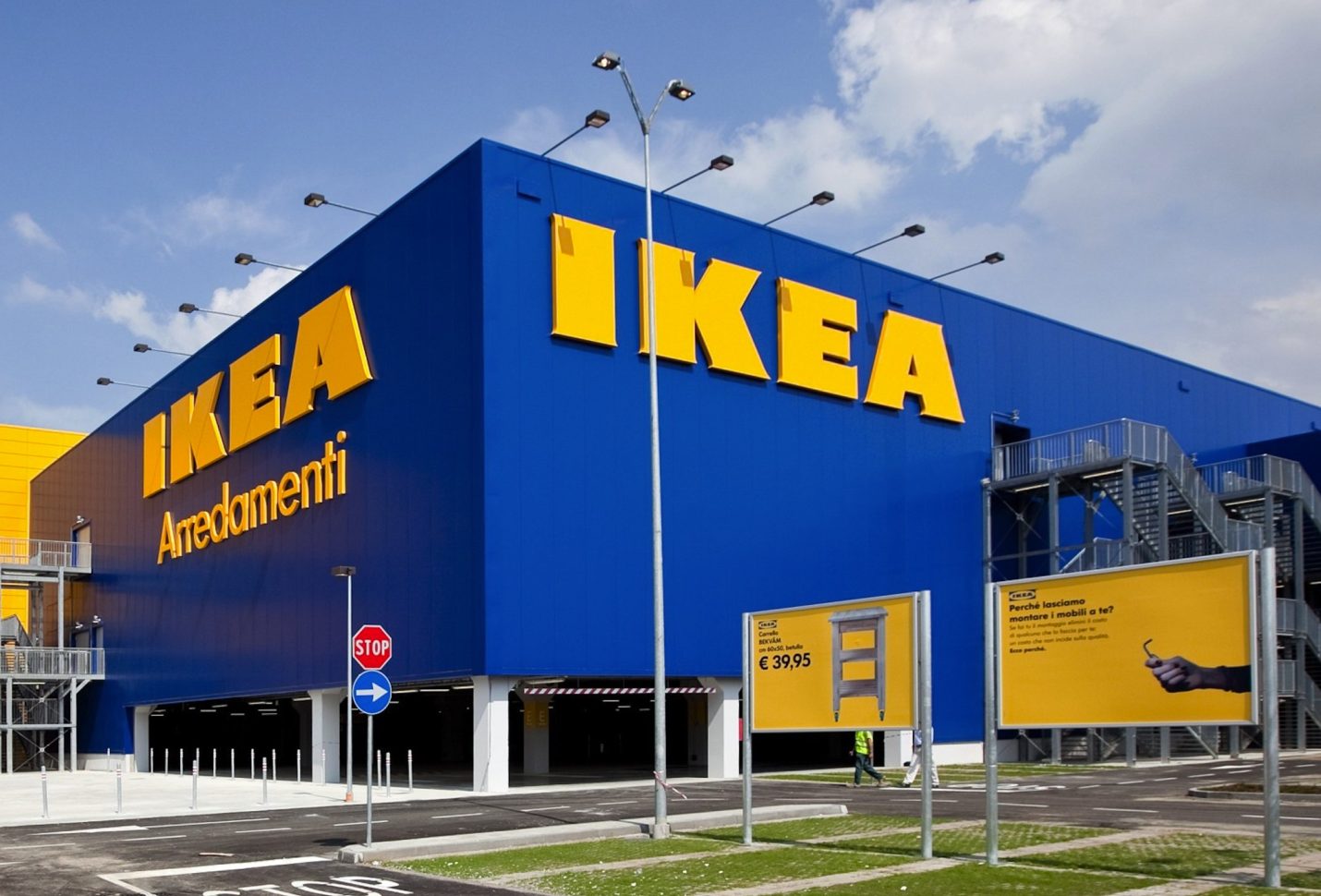
C3S: July 22 hottest day in recent history
July 22 was the hottest day on earth in recent history, according to the Copernicus ...

IKEA climate footprint in FY22 is estimated to be 25.8 million tons of CO2 eq – a decrease in absolute terms of 5% compared to last year, and 12% compared to baseline year FY16, according to the IKEA Climate Report FY22.
The continued reduction is mainly due to an increased share of renewable energy in both retail and production, and a more energy-efficient range, particularly through the SOLHETTA LED bulbs.
To speed up the reduction of the climate footprint from production, IKEA has decided to include ten additional markets into the program to support suppliers to switch to renewable electricity.
Almost two-thirds of the IKEA climate footprint is directly connected to the supply chain, including production at suppliers. To contribute to limit climate change to 1.5°C by drastically reducing greenhouse gas emissions, a program was introduced in June 2021 to enable suppliers to purchase renewable electricity as a complement to the financing of on-site generation of renewable energy.
Due to the good progress, IKEA has decided to include ten additional markets in the program; The Czech Republic, Germany, Italy, Lithuania, Portugal, Romania, Slovakia, Sweden, Türkiye, and Vietnam. The combined electricity consumption for production in these markets stands for 0.27 million tons CO2 eq, or 13% of the climate footprint from production. The rollout starts during the calendar year 2023.
“Striving towards 100% renewable energy is critical to limit climate change to 1.5°C. We know that many of our supply partners struggle to purchase 100% renewable electricity and that only a part can be generated on-site. By working together, we have shown that it’s possible to make renewable electricity both accessible and more affordable. We hope this also inspires other businesses to support their suppliers in the same way,” said Andreas Rangel Ahrens, Head of Climate, Inter IKEA Group.
IKEA will provide local solutions, such as bundled framework agreements and Power Purchase Agreements to purchase renewable electricity from the grid, thus enabling its direct suppliers to consume 100% renewable electricity in their production. This can cover the electricity demands of the supplier, which cannot be generated on-site.
The initial focus of the program was on the three markets where the climate footprint from electricity consumption was the highest – China, India, and Poland. Mainly driven by the program, the renewable electricity share for production in China increased from 32% in FY21 to 64% in FY22. Offers for affordable renewable electricity contracts in India and Poland have been successfully finalized and will come into effect during FY23. In Poland, Power Purchase Agreements (PPAs) from wind and solar with at least 50% cheaper electricity compared to the market price were secured.
The program is a critical contribution to reaching our science-based targets that are aligned with the 1.5°C ambition and supports the IKEA long-term commitment to become climate positive by FY30 by reducing more greenhouse gas emissions than the value chain emits, while growing the IKEA business. This includes a goal to reduce the absolute greenhouse gas emissions from production by FY30, compared to baseline year FY16.
In FY21, IKEA joined the ‘1.5°C Supply Chain Leaders’ initiative, where leading companies share their commitment and learnings from engaging their supply chains to limit climate change to 1.5°C. The initiative is hosted by Exponential Roadmap Initiative, an official partner of the UNFCCC Race to Zero campaign that is rallying non-state actors to take rigorous and immediate action to halve global emissions by 2030.
“With six years of CO2 budget left in the world to limit global warming to 1.5°C, the need to act is more important than ever. We are committed to doing our part, taking a full value chain approach, working towards becoming climate positive and securing a just transition. We strive to take a holistic approach to our sustainability work, as climate change, nature loss and inequality are interdependent”, said Jon Abrahamsson Ring, CEO, Inter IKEA Group.
“Every year, more than 2.4 billion people are exposed to dangerous levels of air pollution. There is a strong synergy between reducing GHG emissions and air pollution. With this report, we are taking the lead by being one of the first to disclose the air pollution generated across our value chain. Even though more work is needed, we hope that by transparently sharing our findings, we inspire other companies to also address air pollution while taking climate action”, said Andreas Rangel Ahrens, Head of Climate, Inter IKEA Group.
July 22 was the hottest day on earth in recent history, according to the Copernicus ...
Google has engaged in partnership with DHL to utilize the DHL Express GoGreen Plus service ...
Mars has announced registering a record 8% greenhouse gas (GHG) emissions reduction against its 2015 ...


اترك تعليقا